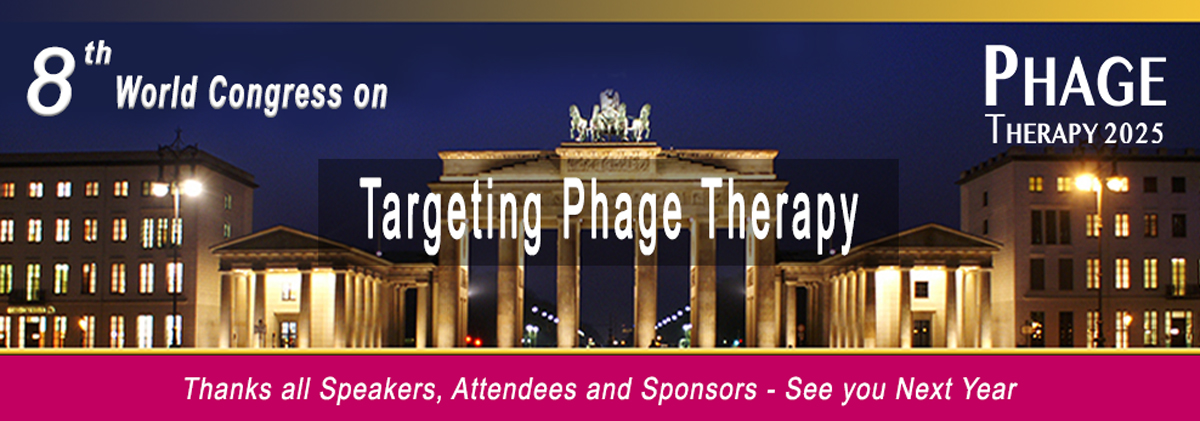Lille researchers (Inserm, University of Lille, Pasteur Institute of Lille, CNRS) * invented a prototype drug (SMARt-420 **) capable of suppressing resistance to ethionamide, an antibiotic used to treat tuberculosis. This work is published in the journal Science *** dated March 17, 2017 and opens a new way in the fight against resistance to antibiotics.
Antibiotic resistance, a major global health issue Antibiotics are universally regarded as one of the greatest medical advances of the twentieth century. They have transformed human health by allowing the cure of previously severe or life-threatening infections. They are also essential for patients particularly vulnerable to infections such as those with certain cancers or diabetes, persons receiving organ transplants, or undergoing surgical procedures.
Tuberculosis is a bacterial disease caused by Mycobacterium tuberculosis (Mtb), which is transmitted by air and mainly affects the lungs. The treatment of tuberculosis combines several antibiotics over a period of six months. The continuing increase in the number of strains of antibiotic-resistant Mtb is particularly worrying. In 2016, of the 10 million new cases of tuberculosis reported worldwide, 500,000 were considered multiresistant to antibiotics, causing the death toll of one in every two patients.
Fighting tuberculosis by fighting resistance to existing antibiotics Resistance means that the antibacterial effect of an antibiotic no longer manifests itself. In Mycobacterium tuberculosis, resistance to antibiotics is caused by genetic mutations often considered to be difficult to reverse.
The study of researchers in Lille shows that it is possible to constrain the tuberculous bacillus resistant to the antibiotic ethionamide to return to a state of complete sensitivity.
Like many antituberculosis drugs, ethionamide is a pro-antibiotic. These drugs, inactive as such, must be activated inside the bacteria to kill it. Resistance to pro-antibiotic ethionamide occurs when genetic mutations alter this mechanism of bioactivation.
Ref: Reversion of antibiotic resistance in Mycobacterium tuberculosis by spiroisoxazoline SMARt-420
